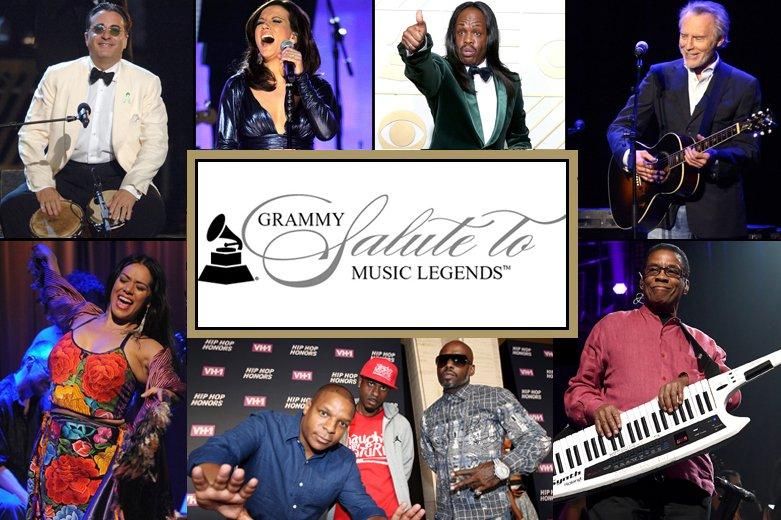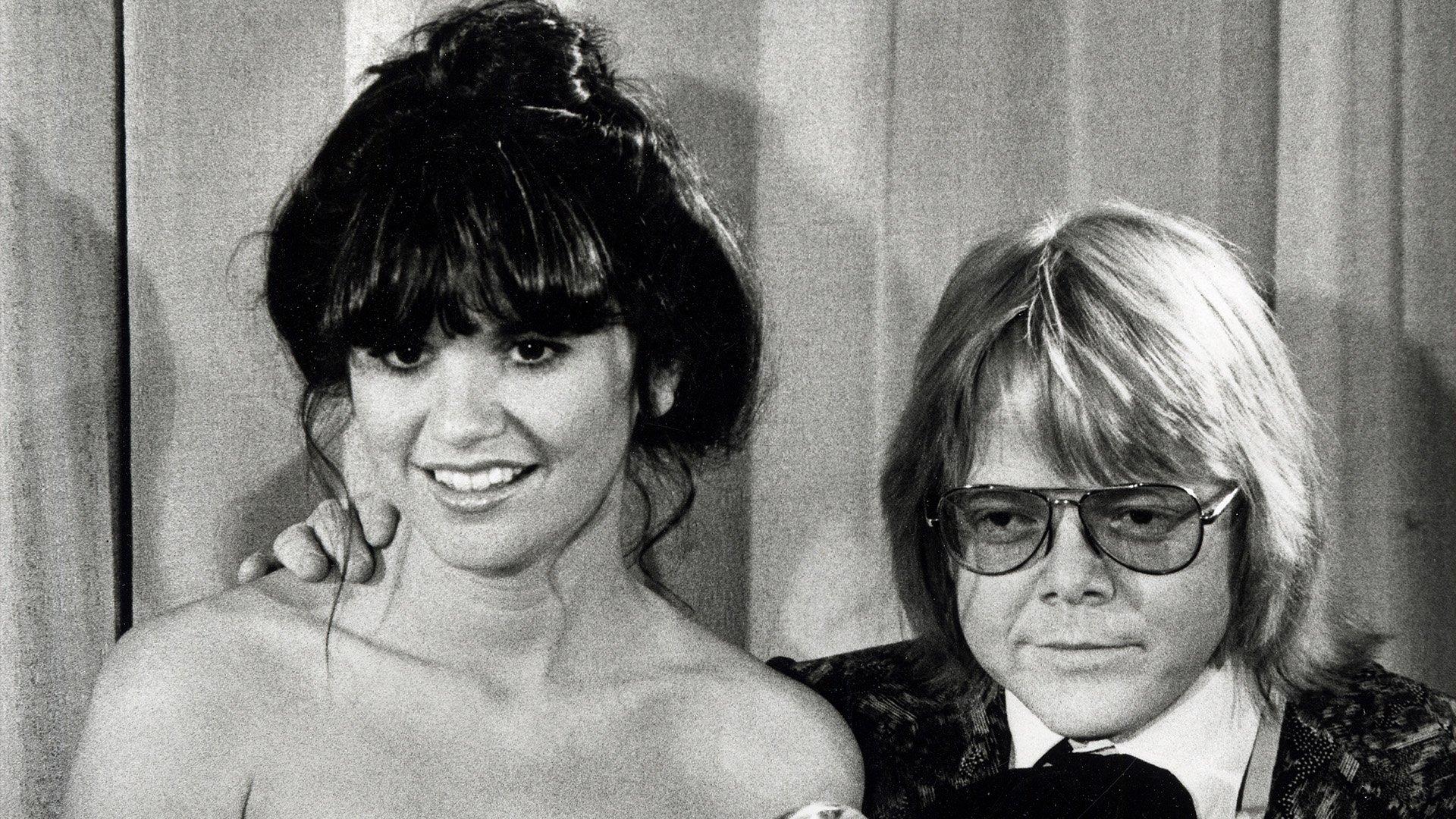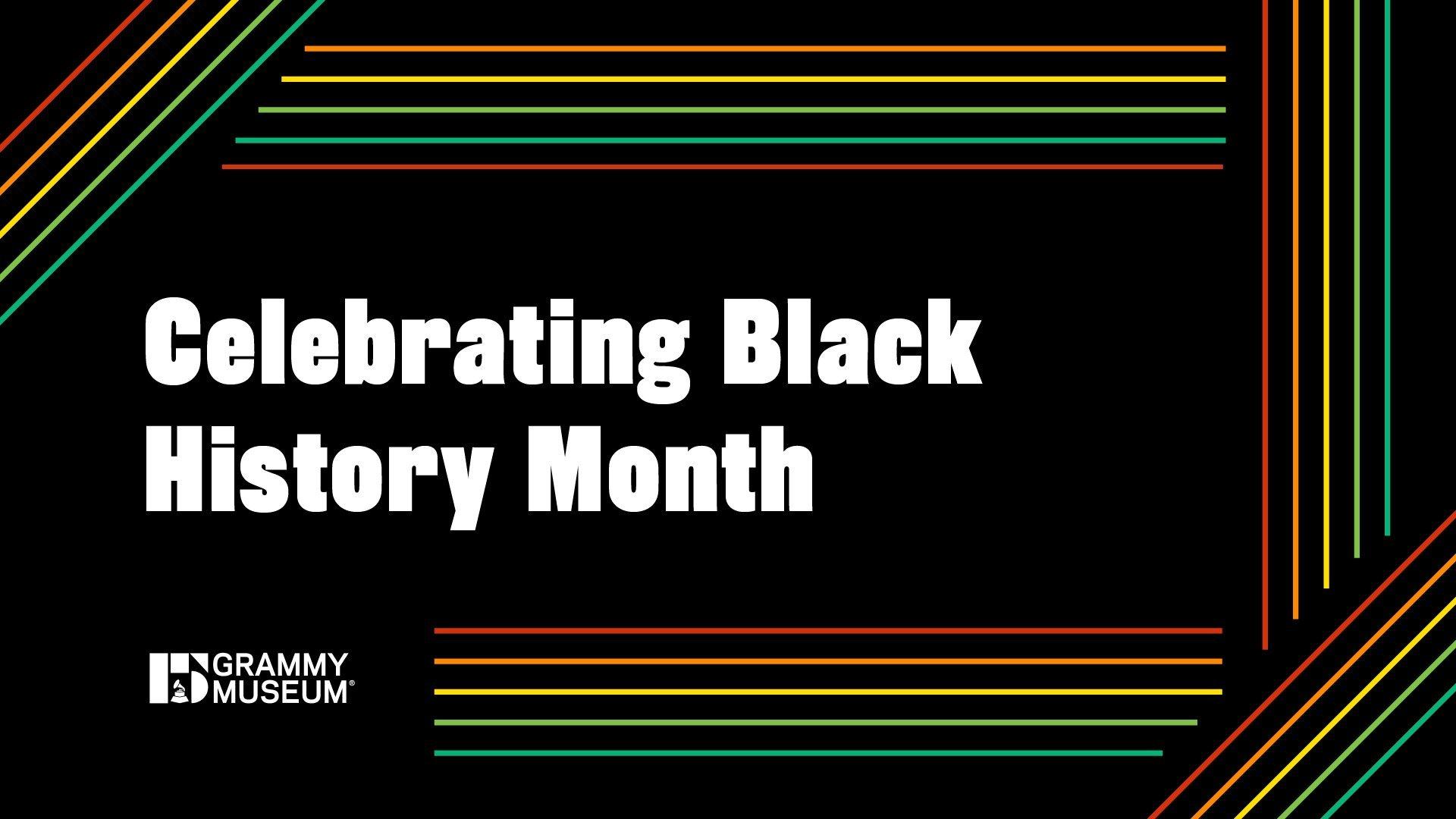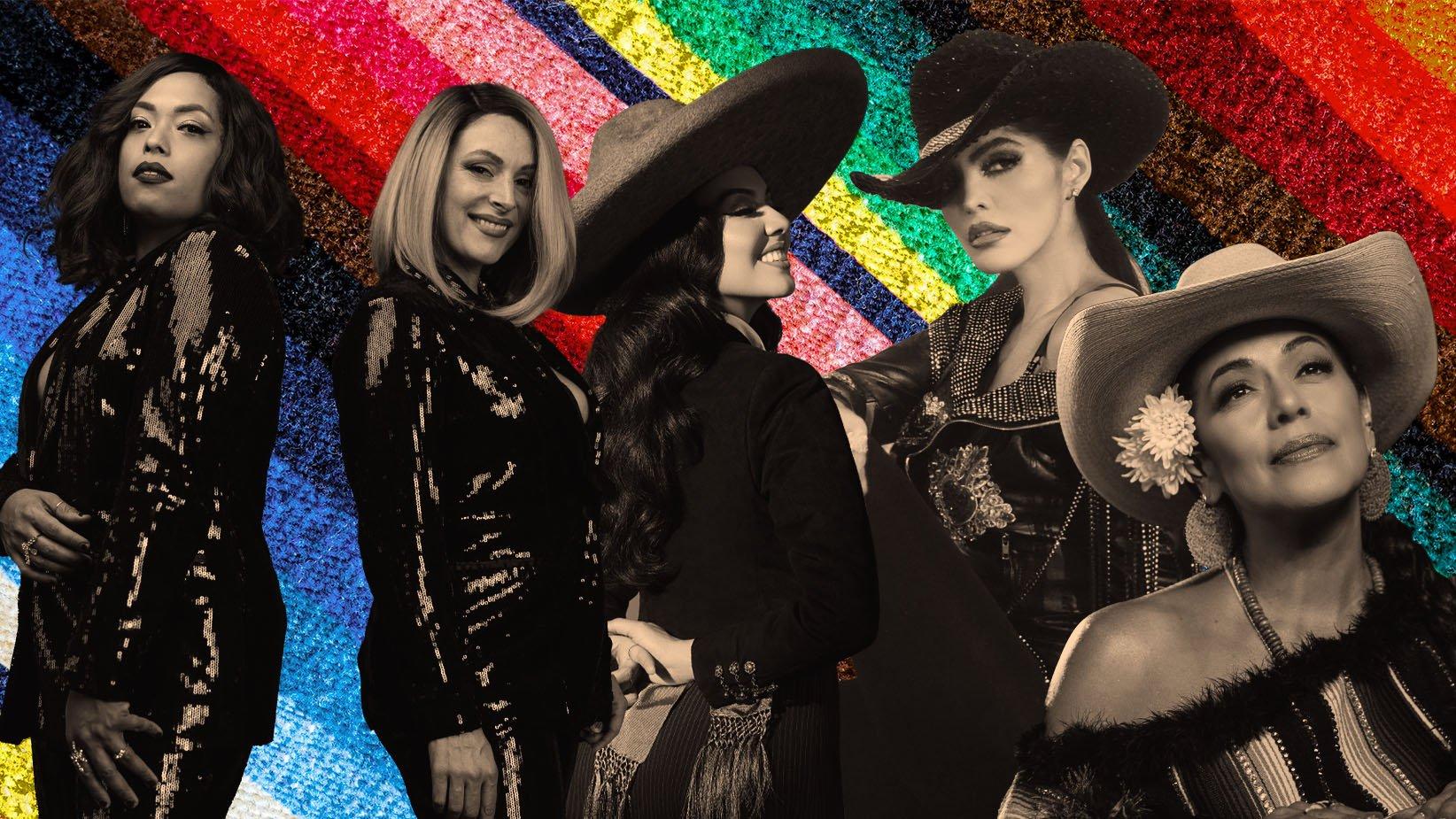For decades, women have been the muse behind some of the most iconic songs in música Mexicana. The genre's greatest singers have sung about them, and women have often been the protagonists of stories that go from heartbreak to revenge.
Despite being an inspiration, the música Mexicana genre has historically benefited male singers and bands, awarding them with media attention, placing them at the top of the charts, and centering them in headlining slots at festivals and concerts.
Even though representation is yet to be equal, female artists have fought hard to conquer these same spaces, breaking barriers and paving the way for future generations. Singers such as Selena Quintanilla, Jenni Rivera, Rocío Dúrcal, Paquita la del Barrio, Chavela Vargas, and Graciela Beltrán are mavericks and trailblazers in música Mexicana.
Mexican music underwent a renaissance in 2023, leading the charts and expanding its sound to a global stage. And even though female artists are still absent from the top lists, a new generation of singers is leading the way in the música Mexicana genre, and their achievements are inspiring.
Angela Aguilar is one of the seven women to lead Billboard's Regional Mexican Airplay Chart; Yahritza Martínez, the frontwoman of Yahritza y Su Esencia, received the first Breakthrough Songwriter Of The Year at the 2023 SESAC Latina Music Awards. The Sierreño girl band Conexión Divina received its first Latin GRAMMY nomination for Best New Artist in 2023.
Women have had a healthy representation in Mexican music categories at the GRAMMYs over the years, with Sheena Easton, Vikki Carr, Linda Ronstadt, and Selena taking home golden gramophones in various Mexican music category variations. In 2024, four out of five works nominated in the Best Música Mexicana Album (Including Tejano) are from female artists. Peso Pluma is the only male act who received a nod for his album GÉNESIS.
GRAMMY.com spoke with Lupita Infante, Lila Downs, Ana Bárbara, and Flor de Toloache about their nominations, the women in música Mexicana that have inspired them, and the representation in the música Mexicana industry.
These interviews have been edited for length and clarity.
Which woman in the música Mexicana has inspired you in your career?
Lupita Infante: [During] my formative years, I listened a lot to Lola Beltrán, Linda Ronstadt, all the classic women of the time, and Amalia Mendoza, who are more traditional. Selena, too, was like the ultimate. I think we have all had Selena's karaoke albums; we learned a lot and practiced a lot. Also, Jenni Rivera, I remember going to her concert, and maybe I didn't realize that she was breaking barriers as a woman. And I remember that concert opened by Sheila Dúrcal, a woman I admire greatly.
Ana Barbara: María de Lourdes, Lucha Villa, Lola Beltrán, and Amalia Mendoza "La Tariácuri" are some of the singers that I have listened to since I was a child, and in some way, they opened up this panorama of Mexican music — ranchera music performed by women — to me. I loved them, and I still like them. Later on, a singer of Mexican music and Juan Gabriel's music was Rocío Dúrcal, who also greatly impacted me with her way of interpreting Mexican music.
Lila Downs: Lucha Reyes was definitely the first.
Mireya Ramos (Flor de Toloache): Aida Cuevas, Lila Downs, and Toña La Negra are some of the women who have inspired and influenced me in my musical career.
Shae Fiol (Flor de Toloache): Mireya Ramos. Although she wasn't widely known when we started the band, she was already a professional singer with roots in mariachi. She was making a living singing the songs she grew up listening to her father sing in his mariachi and at their family's restaurant. It's easy to focus on legends, but the people around us often impact us and our careers and influence us the most.
After Mireya is Linda Ronstadt, whose album Canciones de mi Padre I remembered consuming as a young child without realizing the genre she was singing was mariachi, but I remembered the album cover. Lola Beltrán, in particular, her rendition of "La Chancla," I clung to that song for its empowering sentiment and her incredible vocal expression.
What is a go-to album or song by a female artist in your favorite genre that brings inspiration or comfort?
Infante: It's been a lot of Lila Downs lately. I also like the song "Todo Todo" by Camila Fernández. There are many songs and songwriters I have seen who are recording them and coming out with beautiful songs as well.
Bárbara: There are several albums. There is one by Lola Beltrán (Joyas) where she sings "El Crucifijo de Piedra." I really liked that Linda Ronstadt recorded an incredible mariachi album [Canciones de mi Padre]. I also loved the Lucha Villa album that Juan Gabriel made.
Downs: I always have to listen to Mercedes Sosa again in her first recordings.
Ramos: It really depends on the mood and the moment, but it can be from Ella Fitzgerald, Patsy Cline, Jill Scott to Natalia La Fourcade, Mon Laferte, and Rosa Passos. They are women who master their instruments, whether with the voice or another instrument; the compositions and performances are memorable.
Fiol: If I want comfort, artists I may listen to are Erykah Badu, Sade, Amel Larrieux, Feist, Janelle Monáe, Sheryl Crow, Patsy Cline. For inspiration, I'll listen to any of those artists, plus Jazmine Sullivan, Brandy, Concha Buika, Little Simz, and Cleo Sol.
Women dominate the Best Música Mexicana Album nominations at the 2024 GRAMMYs. How do you feel about the increasing representation of women in the Mexican music industry?
Infante: The Recording Academy is reflecting the part that women are excelling [in the genre]. At the same time, I feel that each one has something very different to offer. I still see men dominating the Billboard Charts and the concerts, but I like that even here in [Recording Academy voting] membership, the members say this woman deserves this recognition.
Bárbara: I feel great, total, and absolute pride to see so many women in this category. It has taken us a lot of work to be there, but it is worth the effort.
Downs: It gives me great pleasure to see that women have developed in an area that has been difficult for us historically because there has been a lot of prejudice about our ability to produce and compose and, of course, to lead in music.
Ramos: It fills us with pride and excitement to know that this is the direction we are going, that our work has contributed to this and that the next generation has the space to create freely without so many challenges. I am grateful to all the women who came before us who hand-carved their path, opening the doors for the next generations to celebrate this change, recognition, and celebration. What an honor to be able to be in this category representing.
What have you learned from the artists nominated with you in this category?
Infante: Each one has a very different essence. Ana Bárbara has a super long career; she is a power of femininity. I love her outfits, how she presents herself, how she sings. Her album has a song that fascinates me a lot [like the one] she did with Vicente Fernández [La Jugada]; I feel that it is the duet of the year. Lila Downs, I loved the album La Sánchez; it has inspired me a lot in my future productions because she takes its essence, takes Mexican music, and puts her twist and flavor on it. Flor de Toloache's Motherflower, I love that album because I feel they are pushing the boundaries. They have incredible voices; some rancheras just blew me away.
Peso Pluma has taken everything and has revolutionized the entire industry at a global level. We also owe him a particular way: a thank you for breaking those barriers and letting the others who come after him help us all.
Bárbara: From my colleagues, I have learned or admired that they are firm in their concept, and that is very important; no matter how the trends, it is the music of Mexico, the music of mariachi, it is our music. I love to see them firm with that conviction that we have to continue in what we love, in what we like, and for me, that is admirable.
Downs: Ana Bárbara is doing some exciting and good duets. [From] Lupita Infante I have loved her way of singing; it is very soft, and she also has that legendary timbre of her grandfather, Don Pedro Infante. The Flor de Toloache has always had my great admiration because they have been independent women and applied themselves to the mariachi tradition, the traditional music of Mexico, and, of course, Peso Pluma, which has been an influence and a reference for everyone, which comes from this musical movement of Sonora. It is a joy that it inspires Mexican music for the youth.
Ramos: I remember buying Lila Downs' album La Sandunga. These are the fusions that I love, and I remember dreaming of one day being able to create my arrangements with that intention. I still can't believe that I have had the pleasure of playing and singing with her. What a gift.
Fiol: Lila Downs is a great inspiration for us, having witnessed her career over decades; she created her lane so vibrantly and was a great example for Flor de Toloache as we started out, inspiring us to do the same in creating our unique style.
Why is it significant that your album has received a GRAMMY nomination?
Infante: I worked with several producers on the album that deserve this recognition. One is Carlos Álvarez, my mentor and a great teacher. Also, maestro José Hernández, the founder and director of Mariachi Sol de México, is one of the best mariachis in the world. Having three songs produced by him is very important to me. And there is also Carlos Junior Cabral, who also made Ana Bárbara's album. Luciano Luna was also a big part of this album; I feel he is also a phenomenon in Mexican music. I tried to grab that talent from everywhere for this album.
I co-authored several of the songs. I worked with great songwriters, and they deserve that recognition. I learned a lot through this album, both in the songwriting, the productions, and the recordings. We made a whole visual art concept; I wanted to be inspired by my grandfather, Pedro Infante's era. I wanted [to have] something that moved us that recognized him.
Bárbara: [Bordado a Mano] is an album in which all the songs are part of me, my life, my experiences, my shortcomings, and everything I have felt. It channels my emotions. It makes me very happy to have thought about the production of this album, to carry it out, to look for each of my arrangers, of my colleagues who did me the favor of capturing his talent in songs, and because it was born from the bottom of my heart. Seeing that it has come so far, having planned so many duets that it is not easy, each duet made was very complicated. So, seeing it nominated for a GRAMMY is an indescribable satisfaction, and I am very grateful.
Downs: La Sánchez is an album we made with the band that has been with me for a long time, my colleagues, and my musician brothers. We did a workshop here in Oaxaca, so it was conceived in the south [of Mexico]. This path began together with my husband, whom we lost last year. Being nominated for a GRAMMY after so much heartache and having cried a lot this year is a great honor. I am deeply grateful to my fellow musicians and professionals of the Recording Academy and this path of music.
Ramos: [Motherflower] is the most progressive and mariachi fusion album we have made, and all the songs are based on actual experiences. As an independent band and among many incredible artists who have chosen this album, it fills our hearts with pride. The nomination was a pleasant surprise, even more so that we are with so many beautiful queens and the great Peso Pluma, breaking it in his genre.
We proudly use mariachi instruments in ways no other mariachi has dared to experiment with for fear of breaking from tradition. To have the creativity and vision of Flor de Toloache recognized is a beautiful accomplishment. It fills us with hope that space is opening up for expression, especially for women within the mariachi genre. We had to create something for ourselves since that platform or the support of the mariachi community did not exist.
Additionally, this album's songs are written from a woman's perspective for women, something not very common in mariachi. Celebrating our "quinceañera" with this nomination is the best gift we could have received.
Fiol: Motherflower is the first album we have released in our 15 years as a band of all original music, composed primarily between Mireya and myself with beautiful contributions from Manu Jalil Soto, Victor Bodilla, Claudia Brandt, Julie Acosta, and Andres Ramos. Our vision was to share our stories with our fans and the world at large, painting a picture of us coming up as an all-women, mariachi-inspired indie band in New York City. These four elements are pillars of our creative expression, and for this album to be recognized by our peers in the academy is a huge honor because it is the most vulnerable we have been in our careers. It's a fusion of genres with mariachi at its core.
2024 GRAMMY Nominations: See The Full Nominees List





